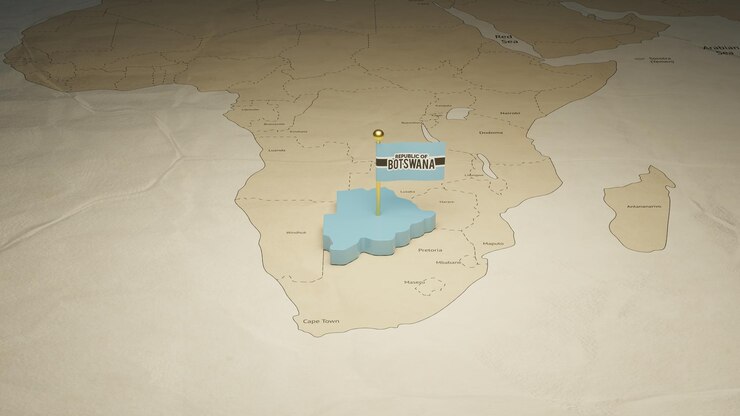The African Continental Free Trade Area (AfCFTA) presents a game-changing opportunity for Botswana’s businesses to move beyond local borders and tap into a much larger and more dynamic continental market. With a population of over 1.4 billion and a combined GDP exceeding $3.4 trillion, AfCFTA is the largest free trade area in the world by number of countries participating—offering immense potential for growth, collaboration, and innovation.
For Botswana, a country known for its political stability, prudent economic management, and strong institutions, AfCFTA opens the door to diversify its economy and reduce reliance on traditional sectors such as mining. It offers small, medium, and large businesses the ability to scale their operations, increase export capacity, and access new customer bases across Africa.
To make the most of AfCFTA, Botswana’s businesses need to align their products and services with the demands of the broader African market. This includes conducting market research to understand regional consumer preferences, regulatory environments, and cultural nuances. For example, companies in the agro-processing sector can explore high-demand markets for packaged foods in West Africa, while textile manufacturers can target fashion-driven countries like Nigeria and South Africa.
Taking full advantage of AfCFTA also requires addressing logistical and operational challenges. Transport infrastructure, customs efficiency, and trade documentation need to be streamlined. Fortunately, Botswana’s central location in the Southern African region and its membership in the Southern African Customs Union (SACU) can offer a competitive edge when accessing nearby markets.
Digital tools can also help local entrepreneurs connect with buyers across Africa. E-commerce platforms, digital payment systems, and regional trade databases can make transactions smoother and more transparent. Businesses in Botswana can utilise these technologies to showcase products, receive orders, and expand their visibility beyond physical limitations.
Another key element is forming strategic partnerships. Joint ventures with businesses in other African countries can accelerate market entry and reduce risks. Collaborating with distributors, local agents, or franchise models can offer insights into local markets while enhancing brand recognition.
The government and private sector bodies also have a role to play. Supportive policies, trade facilitation services, access to finance, and export readiness programs are essential to help businesses in Botswana become competitive players under AfCFTA. Institutions such as the Botswana Investment and Trade Centre (BITC) can provide guidance and connect local companies with regional opportunities.
For entrepreneurs and businesses ready to grow, AfCFTA is not just a trade agreement—it’s a new frontier. Whether you’re in agriculture, manufacturing, financial services, or technology, there are countless ways to scale up and build cross-border success stories.
Botswana’s participation in AfCFTA is a call to action: to think bigger, trade smarter, and innovate with a continental mindset. As the rest of Africa opens up, now is the time for Botswana businesses to take bold steps, forge new partnerships, and establish their presence in emerging markets across the continent.









